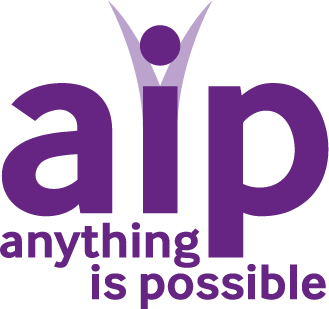Change management workshop design
Introduction to, managing or leading change sessions often need to be custom designed to ensure success. Organisations may be new to understanding change and it’s impact or they may be undergoing major strategic or cultural change or perhaps there are critical change projects needed for specific business challenges. Content and timings are designed to suite.
- Change curves and icebergs!
- What is change management?
- The link between individual and organisational change
- Who needs to be involved in managing change?
- How should change be managed?
- How to lead through change
- Resistance and resistance management
- Sustaining the change


